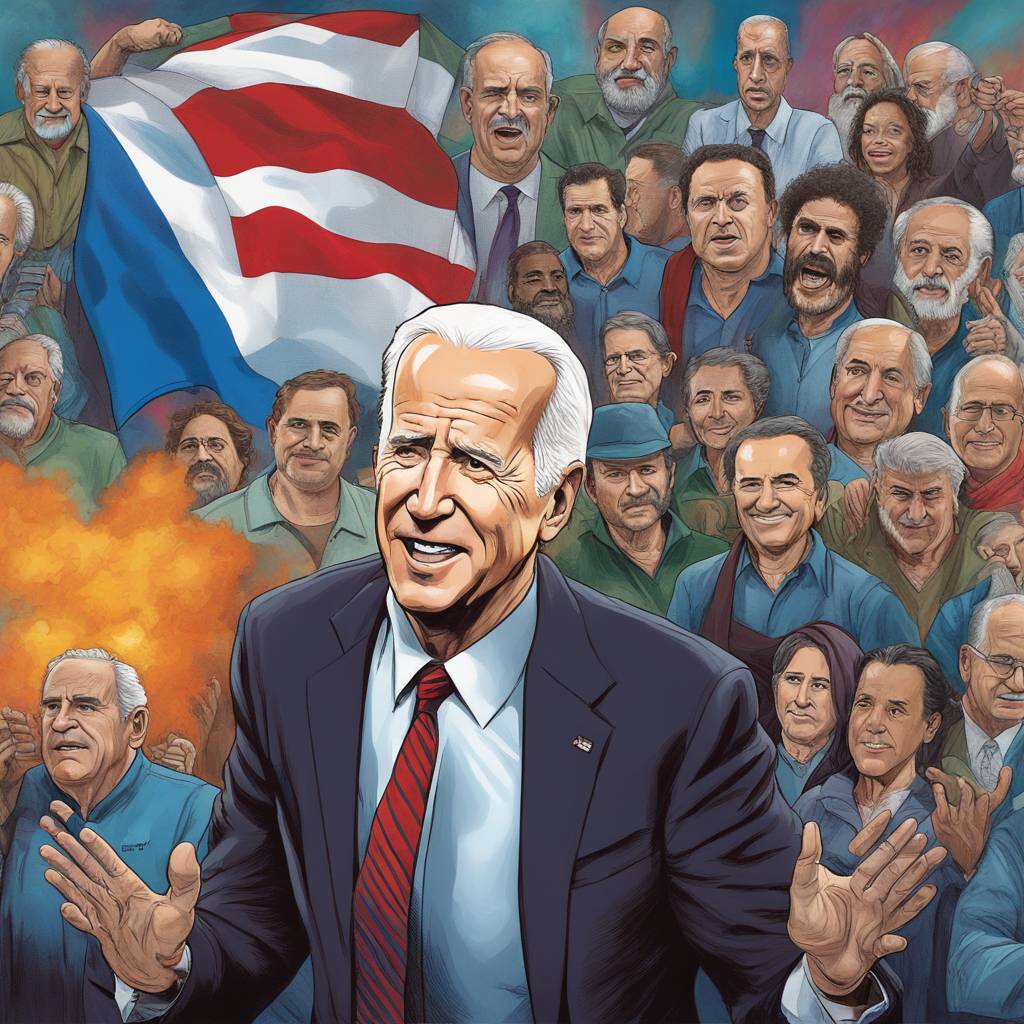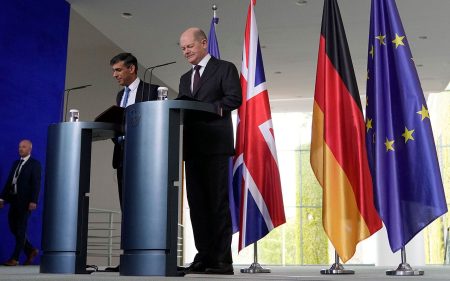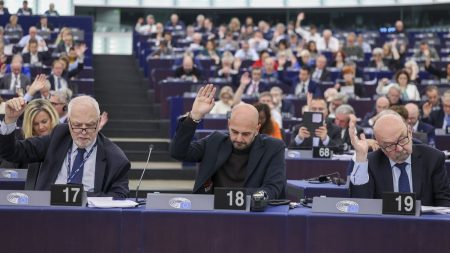The Biden administration’s decision not to veto a United Nations Security Council resolution calling for a cease-fire in Gaza has strained relations with Israel, with experts and officials criticizing the move as a betrayal of a key ally. The State Department cited concerns about the resolution not condemning Hamas’ attacks and not conditioning the cease-fire on the release of hostages. Israel canceled a high-level delegation to Washington, D.C., in response to the U.S.’s position, prompting further tension between the two countries.
Critics, including former U.S. Ambassador to Israel David Friedman, called the U.S.’s decision a diplomatic victory for Hamas that would make it harder to secure the release of hostages. The move was compared to the U.S.’s stance at the end of the Obama administration, which also drew criticism for betraying Israel’s interests. White House national security spokesperson John Kirby defended the administration’s stance, urging Israel to avoid a full-scale invasion of Rafah, a move that could have severe humanitarian consequences.
The clash between President Biden and Israeli Prime Minister Benjamin Netanyahu is escalating, driven by domestic elections in Israel and concerns about Biden’s relationship with Arab American voters. Critics accuse Biden of harming Israel and defending Hamas and Iran through his refusal to veto the resolution. The Zionist Organization of America president characterized Biden as the worst president for Israel ever, accusing him of protecting the Hamas regime and seeking to damage Israel’s interests.
Former adviser to Netanyahu, Caroline Glick, criticized the administration’s actions at the U.N. as a betrayal of Israel and the hostages. She argued that the resolution blocked all diplomatic paths to securing the hostages’ release, leaving military action as the only option. The dire situation of the hostages held in Rafah is causing increasing concern, with Israeli intelligence officials fearing for their safety. The deterioration of Israel’s international standing due to the strained relations with the U.S. is exacerbating the situation.
Amos Harel, a senior military correspondent for an Israeli newspaper, highlighted the worries within Israel’s defense establishment about the deteriorating relations with the U.S. and the impact on Israel’s international standing. Netanyahu’s actions have raised concerns among Western governments, particularly regarding postwar political arrangements for Gaza. The ongoing conflict in Gaza and the tensions between the U.S. and Israel are creating a challenging environment that could have long-term consequences for both countries.















